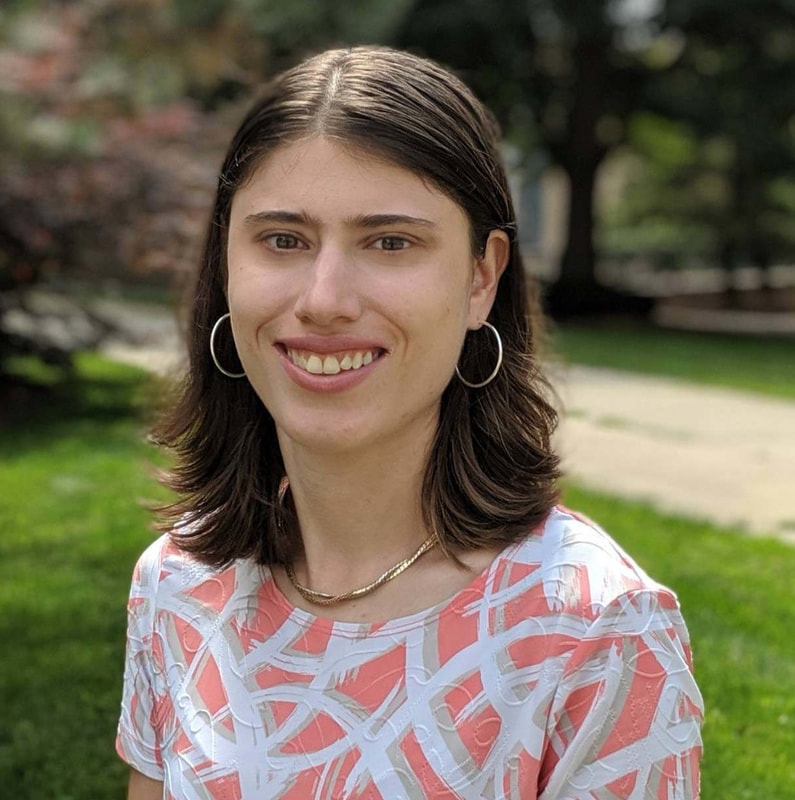Greetings All!
Science Talk wants to remain responsive to the needs and interests of our conference attendees. So, once again, we will use a modified unconference model for SCIENCE TALK ’20.
Our conference-unconference hybrid is similar to a traditional conference in that the Programming Committee will continue to organize the overall conference schedule, coordinate details, and invite Keynote speakers and panelists. However, like an unconference, the specific programming (the who and the what) is initially up to the people who will come to the conference. This puts the attendee at the center of the conference – you decide what sessions best serve your needs, and together we will create a dynamic program.
Here’s how it will work:
- The Programming Committee determines general scheduling needs (number of workshops, short and long presentations, interactive sessions, posters, etc.).
- August 19th-September 20th, 2019 – SCIENCE TALK ’20 opens programming proposals to the public. Anyone has the ability to propose a session (presentation or workshop) that will be considered for the conference.
- August 19th-November 30th, 2019 – Poster and artwork submissions are open to the public. Anyone has the ability to submit a poster or art item to showcase their interests and talents.
- The Programming Committee determines the feasibility and appropriateness of the various proposals, communicates with proposers if necessary, and arranges them by type and topic.
- September 30-October 11, 2019 – proposals are voted on by the community.
- The Programming Committee takes a look at the winners of the public vote, again communicating with the proposers to make any adjustments if necessary, and curates the final schedule.
- November 1, 2019 – The draft schedule is announced based on this cooperation within the Science Talk community.
Who is involved:
- The Science Talk community – The community knows the craft. The people and ideas that come from the community will shape who we and the conference become.
- The Programming Committee – The organizers have experience to provide valuable feedback to proposers, and to ensure balance in the programming.
We are making this change in the hopes that by opening up the program to proposals from the community new ideas (the best ideas) and people will surface, and keep the conference fresh and exciting to as many as possible. We hope this allows our community to develop and grow in a vibrant and inclusive way that benefits the entire science communications field.
There will be questions. As they come in, we will answer them as best we can and create an FAQ as a resource to everyone.



Leave a Reply